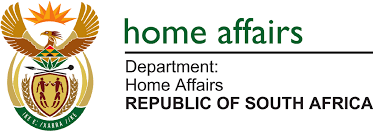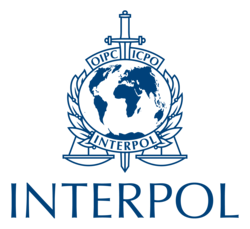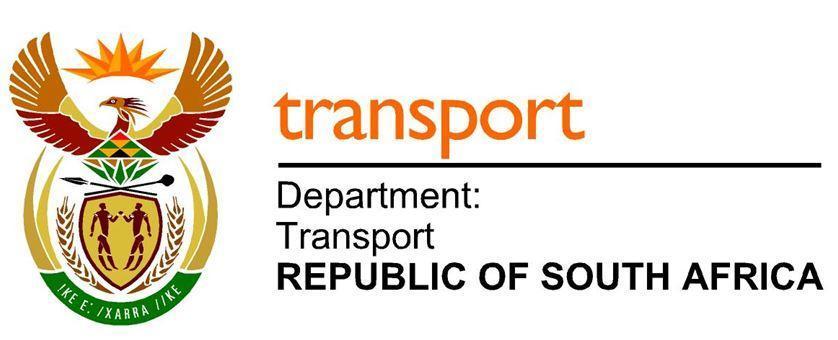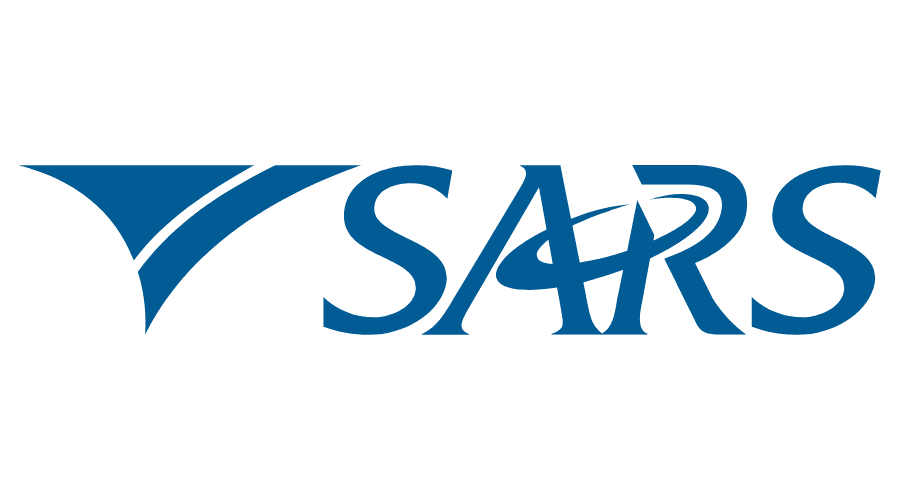Advice for South African citizens arrested abroad
Under the Vienna Convention on Consular Relations (1963), which is the accepted standard for all member countries, persons who have been arrested outside their own country must be given access to their Consular Representative. South Africans in this situation must immediately request the authorities to allow them to contact the South African Representative in that country. Alternatively, somebody can contact the South African Representative (South African embassies/consulates/high commissions are referred to as “missions”) in that country or the Chief Directorate: Consular Services of the department in Pretoria on your behalf.
Consular officials seek to ensure that South African citizens arrested abroad are treated humanely while incarcerated. In this regard, issues such as torture, inhumane or degrading treatment or punishment will be reported and taken up with the local authorities.
The United Nations Standard Minimum Rules for the Treatment of Prisoners are used as a guide.
- Establish contact with the detainee as soon as possible after verifying South African citizenship. (This service is rendered to ensure that South Africans who have been arrested, detained or imprisoned under foreign jurisdiction understand their rights and the services that can be provided by the South African Government. Depending on specific circumstances, contact can be in person, in writing, by telephone or through appropriate intermediaries).
- Provide general information about the legal system of the country of arrest where available. Information may include details on legal aid (if available) and prosecution, a list of lawyers (no recommendations may be made for a specific lawyer); remand, bail and appeal procedures so that they understand their rights and the processes involved.
- Maintain contact with the arrested South African citizens abroad with due observance of the laws and regulations of the arresting State.
- Undertake prison visits. The frequency of prison visits depends on current policy, the location, culture and laws of the arresting State, the prevailing security situation in the country and/or the prison, and is subject to the Mission’s operational circumstances. There are, however, certain circumstances where prison visits cannot be undertaken, with is outside the control of the Mission.
- Contact family or friends, to a maximum of three, only if authorised to do so by the detainee/prisoner in writing. The detainee/prisoner can change the people he/she wishes to receive information from the department but must do so in writing. The Consular Desk at Head Office will then inform the person whose name has been removed or added to the list accordingly. A person whose name has been removed will no longer be authorised to receive information via the department.
- Assistance with funds transfers: A maximum amount of R2 000,00 per month per detainee/prisoner may be deposited by family members/friends. The funds must be deposited between the 1st and the 18th of the month in order for the Embassy/High Commission/Consulate General to have enough time to make the necessary arrangements for the payment to the detainee/prisoner. Every effort is made to ensure prompt payment of funds received to detainees/prisoners. This service is not available in all countries and is dependent on the operational requirements of the Mission and the local prison system in a country.
The department assists (South African) families within the borders of the Republic of South Africa to forward the money to their family members detained/imprisoned abroad. This, therefore, does not include money transfers from another country.
- Ensure that medical problems are brought to the attention of the prison authorities.
- Family members are allowed to send prescription medication only to the detainee through the department, provided this is not contradictory to the rules of the detention facility in the arresting country. The medication together with the prescription must be hand-delivered to the following address:
OR Tambo Building
NE2A-Ground Floor
460 Soutpansberg Road
Rietondale
Pretoria
The following requirements/stipulations regarding medication must be adhered to:
- All medication must be accompanied by a certified copy of a prescription issued by a medical doctor and a certification that it is not available in the country of incarceration.
- No “over-the-counter medication” (e.g. headache tablets) is permitted.
- Only tablets, powder and capsules are permitted.
- No liquids, ointments or aerosol cans, including asthma pump canisters, are permitted in accordance with IATA regulations.
The package is then weighed and the cashier at the department must be paid according to the weight of the package. The person bringing the medication will be assisted by the responsible Consular Desk Official and it is therefore important for an appointment to be made prior to arriving at the department. This service might not be available in all countries.
- Family members are allowed to mail letters to the detainees/prisoners through the department. The letter must be put in an unsealed envelope with the name of the detainee and the country where he/she is detained clearly written on the front and the return address of the sender on the back. That envelope should be put in a larger sealed envelope addressed to:
(Name of the Consular desk official at DIRCO)
The Department of International Relations and Cooperation
Chief Directorate: Consular Services
Private Bag X152
Pretoria
0001
Please note that only letters of a personal nature and South African postage stamps for letters written by the detainee/prisoner can be included in the envelope. No other items are permitted. The reason for leaving the inner envelope unsealed is so that the department can exercise its right to inspect the contents prior to forwarding the letter to the detainee/prisoner. The intention is not to read the contents of the letter but to ensure that no unauthorised items are included. If any unauthorised items are found or if the inner envelope is sealed then the envelope will be returned to the sender. After inspection, the envelope will be sealed and forwarded to the mission. It is advisable to include South African stamps in the envelope to enable the detainee to post letters to the family in South Africa through the mission.
- Upon release and impending return to South Africa, family or friends (in South Africa) may deposit funds at the Department of Home Affairs to pay for the ticket. The South African Representative will arrange for the purchase of the ticket once the proof is received that the money was deposited.
Note: The department and South African Representatives abroad make every effort to ensure that monies, letters and medication are forwarded without undue delay. Nonetheless, it must be noted that the operational priorities of the department and representatives abroad take precedence.
Circumstances prevailing in a country may affect services at any time. This service might not be available in all countries.
- Institute or intervene in court proceedings or judicial processes.
- Obtain or give legal advice.
- Organise a release from prison, bail or parole.
- Travel to dangerous areas or prisons for a prison visit.
- Investigate a crime.
- Negotiate better treatment in prison for SA citizens than that provided for local nationals. In cases where the United Nations Standard Minimum Rules for the Treatment of Prisoners are not applied/met, the mission will make representation to the relevant local authorities on behalf of the detainee/prisoner.
- Instruct next of kin or friends to transfer money.
- Pay legal, medical or any other bills.
- Obtain accommodation, work, visas or residence permits.
- Undertake work done by travel agents, airlines, banks or car rental companies.
- Formally assist dual nationals in the country of their second nationality.
- In the unfortunate event of death, pay for the repatriation, transport, burial or cremation of the mortal remains of a South African citizen;
Contact your nearest South African Representative or the Chief Directorate: Consular Services of the department in Pretoria.
Dual nationals arrested/detained in the country of their other nationality cannot receive assistance from South African consular representatives. If a dual national is arrested/detained in another country, of which he/she is not a national, and he/she did not travel on a South African passport but on the passport of his/her second nationality, the dual national must contact the consular Representative of the country on which passport he/she travelled.
- Article 36 of the Vienna Convention on Consular Relations (1963).
- Note: No prisoner transfer agreements exist between South Africa and any other country.












